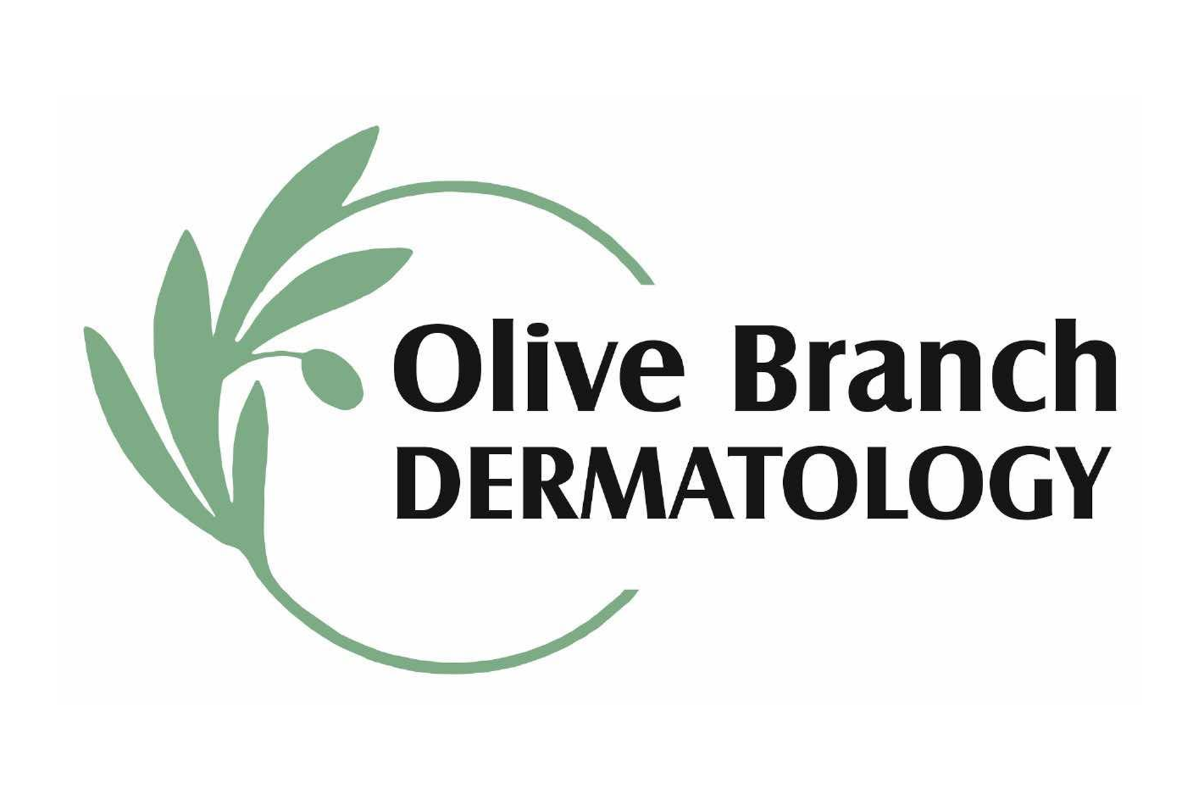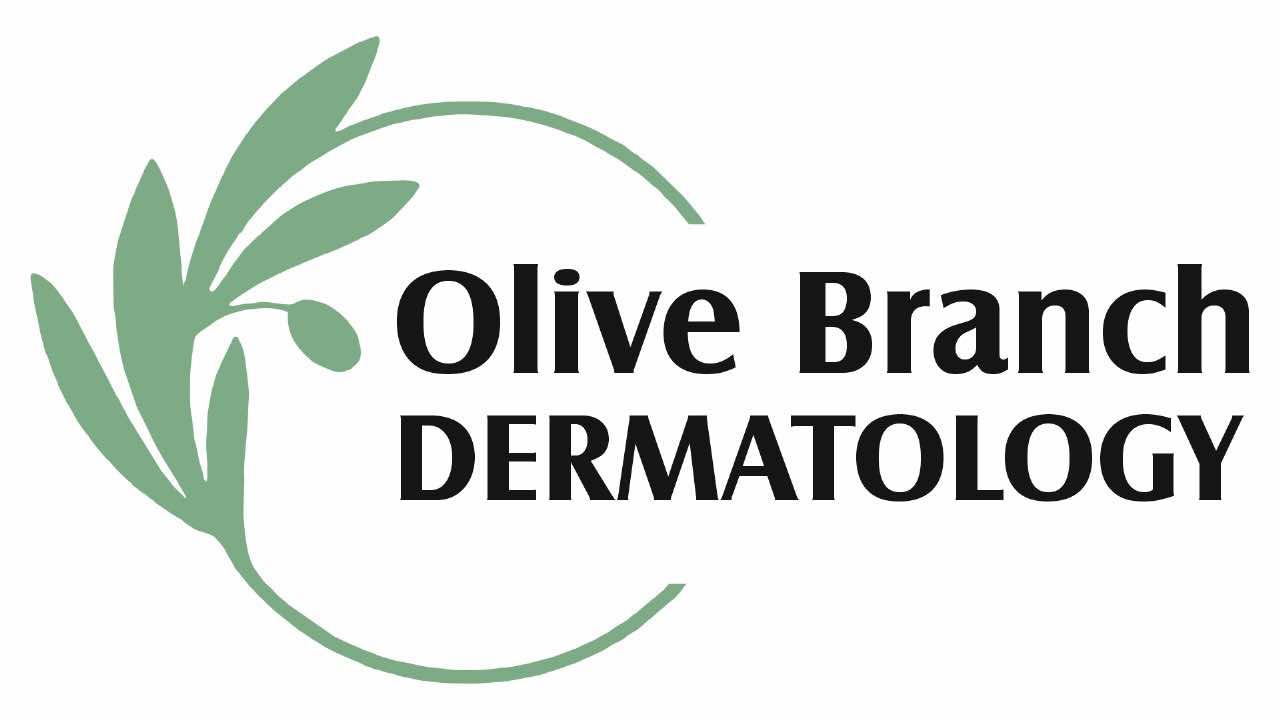Allergy Patch Testing:
Identifying and Managing Skin Allergies
Skin allergies can be both uncomfortable and persistent, causing itching, redness, and irritation. At Olive Branch Dermatology in Hoover, AL, we offer allergy patch testing to help identify the source of your skin reactions and develop a personalized treatment plan. Led by Dr. Amena Alkeswani, MD, FAAD, our practice specializes in diagnosing and managing a wide range of allergic skin conditions.
Allergy patch testing is a diagnostic tool used to identify contact allergens—substances that come into contact with your skin and cause a delayed allergic reaction. This test helps pinpoint specific allergens responsible for conditions such as contact dermatitis. Unlike skin prick tests, which are used to identify immediate allergic reactions, allergy patch testing focuses on delayed reactions that occur hours or even days after exposure.
Allergy patch testing is recommended for patients who experience:
- Chronic or recurring skin rashes
- Unexplained itching, redness, or inflammation
- Persistent eczema that doesn’t respond to traditional treatments
- Reactions to personal care products, jewelry, or clothing materials
If you suspect your skin condition is related to an allergic reaction, a consultation with Dr. Alkeswani can help determine whether patch testing is the right step.
At Olive Branch Dermatology, our allergy patch testing procedure is straightforward and involves the following steps:
Application of Patches: Small patches containing common allergens are applied to your back. These patches are secured and left in place for 48 hours to allow the allergens to interact with your skin.
Initial Reading: After 48 hours, the patches are removed, and we examine the test sites for any initial reactions. This helps us determine whether your skin has shown an immediate sensitivity to any of the allergens.
Final Reading: A follow-up visit is scheduled 72 to 96 hours after the initial application. During this visit, Dr. Alkeswani will assess your skin for any delayed allergic reactions, providing a comprehensive analysis of the test results.
Patch testing can detect a wide range of allergens that may be causing your skin reactions, including:
- Fragrances and preservatives found in cosmetics and skincare products
- Metals like nickel, commonly found in jewelry and clothing fasteners
- Rubber and latex materials
- Dyes and fabric chemicals
- Household cleaning products
Once we identify the allergens causing your reactions, Dr. Alkeswani will create a personalized treatment and management plan. This plan may include:
Avoidance of Specific Allergens: We’ll provide detailed guidance on how to avoid or limit exposure to your identified allergens.
Topical and Oral Medications: Prescriptions to help reduce inflammation and manage symptoms effectively.
Education on Safe Skincare and Product Choices: Recommendations for hypoallergenic skincare products and practices to prevent future flare-ups.
At Olive Branch Dermatology, we prioritize patient comfort and thorough diagnosis. Dr. Amena Alkeswani, MD, FAAD, is dedicated to finding the root cause of your skin issues and creating tailored treatment plans to improve your skin health. Our practice is known for:
Comprehensive Evaluation: We go beyond identifying allergens by educating you on how to avoid future reactions.
Convenient and Affordable: In-office testing with easy scheduling and affordable treatment options.
Transparent and Affordable Pricing: Our T.R.U.E Patch allergy testing package includes three visits and costs just $499.

